2020

2018
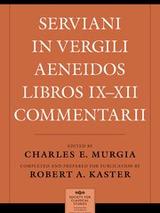
2016
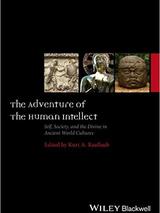



Abstract
A set of five brief videos explaining how the critical apparatus of an edition of a Latin text is constructed, produced for the Digital Library of the Digital Latin Library project (sponsored by the Society for Classical Studies, the Medieval Academy of America, and the Renaissance Society of America).
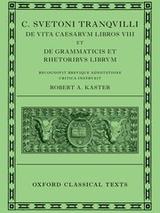
Abstract
Suetonius' Lives of the Caesars--the collected biographies of the Roman Empire's first leaders--is an indispensable source for our understanding of the first century of the Roman Empire and is, at the same time, one of the main sources (with Plutarch) of the tradition of biographical writing in the West. This volume provides the first new critical edition of the Latin text to appear in over a century, and has been rigorously edited to the highest standards of scholarship. The Latin text is accompanied by a critical apparatus at the foot of the page which provides concise information on manuscript and textual variants. It is also the first edition ever to base itself on a comprehensive and accurate analysis of the medieval manuscript tradition (ninth to thirteenth centuries) on which the text is based.
An extensive English preface--featuring illustrative stemmata--is included, as well as a detailed apparatus testium. It also features an updated version of the editor's original 1995 Oxford University Press edition of De grammaticis et rhetoribus, a collection of brief biographies of ancient Roman teachers of grammar and rhetoric (first century BCE-first century CE) that is a crucial source for the history of ancient education. This Oxford Classical Text is accompanied by a companion volume, Studies on the Text of Suetonius'De uita Caesarum, which provides a detailed insight into the research and textual analysis underlying this critical edition.
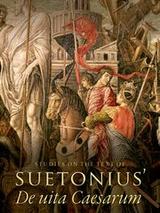
Abstract
Studies on the Text of Suetonius' De uita Caesarum is a companion volume to the critical edition of Suetonius' Lives of the Caesars in the Oxford Classical Texts series, edited by Robert Kaster. It provides detailed insight into the research and textual analysis behind the edition. Part I presents the first comprehensive and accurate account of the medieval manuscript tradition (ninth to thirteenth centuries) on which the Oxford Classical Text is based, and Part II analyses hundreds of passages where a variety of textual problems are encountered, often offering new solutions. Four appendices provide additional support to the arguments of Part I, while a fifth lists all the places (just over 300) where the new text differs from the edition by Maximilian Ihm that has been the standard since 1907.

Abstract
For all the interest in emotions in antiquity, there has been little study of positive emotions. This collection aims to redress the balance with eleven studies of emotions like hope, joy, good will and mercy that show some of the complexity these emotions play in ancient literature and thought.
2014
2012
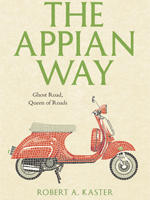
2011


2010

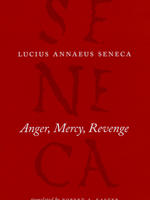
2009
2008
2007
2006

2005

2003
2002
2001
1998
1997
1996
1995
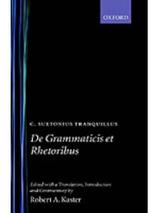
1993
1992


